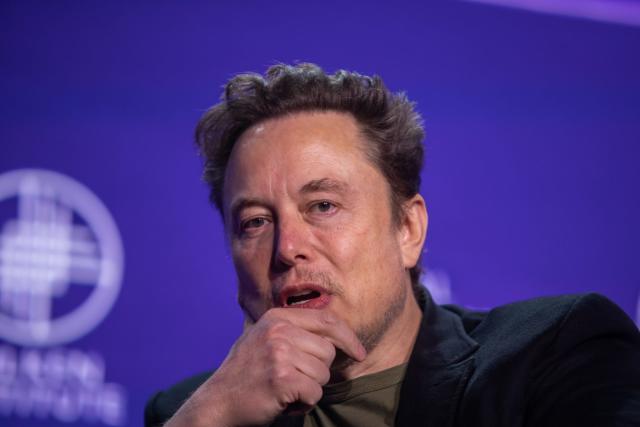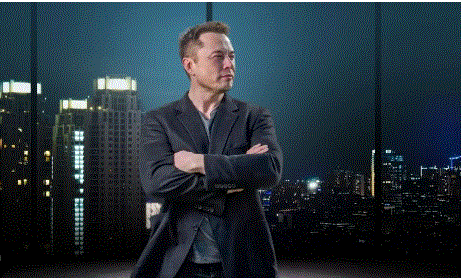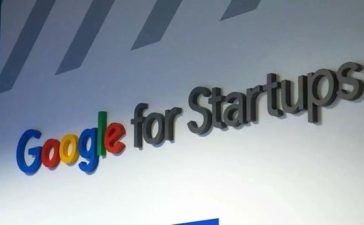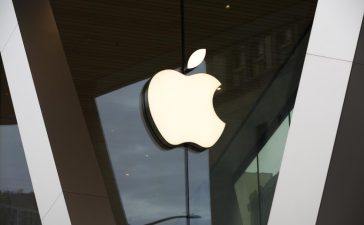At a recent tech conference, Tesla CEO Elon Musk shared his vision of a future significantly shaped by artificial intelligence (AI), suggesting that AI advancements could render jobs “optional.” Musk’s remarks have sparked discussions about the socio-economic implications of widespread AI integration and the potential need for a universal basic income to sustain society.

Speaking at the event, Musk outlined a scenario where AI technologies have advanced to the point that they can perform the majority of tasks currently done by humans. He emphasized that this could lead to a future where employment is not a necessity for survival, fundamentally altering the structure of the workforce.
“In the future, I believe jobs will be optional,” Musk stated. “We are headed toward a world where AI can do everything better than we can. But to make this scenario work, we need to ensure that everyone has a universal high income.”
The concept of a universal basic income (UBI) has been discussed by various economists and tech leaders as a potential solution to the displacement of jobs by automation and AI. UBI would provide all citizens with a regular, unconditional sum of money, enabling them to meet their basic needs without the requirement to work.
Musk has previously expressed his concerns about the potential negative impacts of AI on the job market. During the conference, he reiterated his belief that without proactive measures, the economic disruption caused by AI could lead to significant societal challenges.
“AI will impact every aspect of our lives,” Musk said. “It’s crucial that we prepare for this transformation by ensuring that people are financially secure even if they don’t have traditional jobs.”
CNN’s Clare Duffy provided an analysis of Musk’s statements, highlighting the potential benefits and challenges of such a future. She noted that while the idea of jobs being optional might sound appealing, the implementation of a universal high income would require substantial political will and economic restructuring.
“The idea of universal basic income is gaining traction, especially as AI and automation continue to evolve,” Duffy explained. “However, it presents a significant policy challenge. Governments would need to figure out how to fund UBI and address the potential for inflation and other economic impacts.”
Duffy also pointed out that while AI could take over many jobs, it could also create new opportunities in fields we have yet to fully understand. The transition to an AI-driven economy would require not only economic adjustments but also changes in education and training systems to prepare future generations for new types of work.
As AI technology continues to advance, Musk’s predictions and the discussions they spark underscore the importance of planning for a future where traditional employment might not be the primary means of livelihood. The debate over UBI and other measures to address the economic impacts of AI will likely continue to grow as society grapples with these transformative changes.






